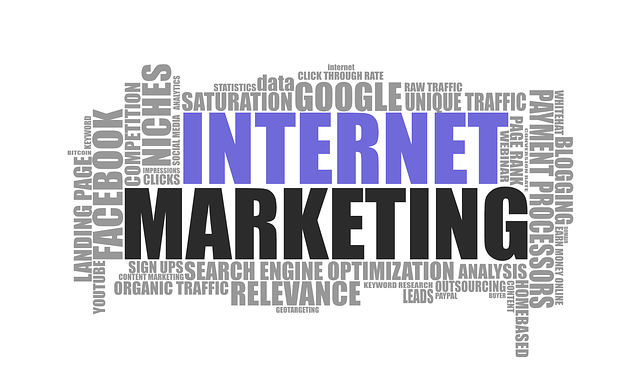Cloud-based AI platforms, like OpenTable, are transforming restaurant operations through AI chatbot integrations. These chatbots offer 24/7 reservation management, answer queries, and provide personalized recommendations via natural language processing. While they enhance customer service and efficiency, challenges such as data privacy and training costs must be overcome to maintain competitive edge and deliver exceptional guest experiences.
In today’s digital landscape, cloud-based AI platforms are transforming businesses across industries. This article explores the potential of these innovative tools, focusing on their impact within hospitality services. We delve into the intricacies of understanding and implementing AI, highlighting key aspects such as AI chatbot integrations with OpenTable. By examining benefits and challenges, we provide insights into how organizations can harness the power of artificial intelligence to enhance customer experiences and streamline operations.
- Understanding Cloud-Based AI Platforms for Businesses
- The Role of AI Chatbot Integrations with OpenTable
- Benefits and Challenges of Implementing AI in Hospitality Services
Understanding Cloud-Based AI Platforms for Businesses

Cloud-based AI platforms are transforming the way businesses operate, offering a wide range of solutions to enhance efficiency and customer experiences. These platforms provide a scalable and flexible infrastructure for implementing artificial intelligence technologies, including AI chatbots. One prominent example is the integration of AI chatbots with OpenTable, a popular online restaurant reservation system. By leveraging cloud-based AI, OpenTable can offer personalized and real-time assistance to its users, such as answering frequently asked questions about restaurant availability, suggesting reservations based on preferences, and providing post-dining feedback mechanisms.
This seamless integration showcases the potential of cloud-based AI platforms in streamlining various business processes. For instance, restaurants can reduce wait times and improve table management by automating initial customer interactions and reservation management. Moreover, AI chatbots can collect valuable insights from customer interactions, helping businesses make data-driven decisions to enhance their services over time. This approach not only improves operational efficiency but also fosters better customer engagement and satisfaction.
The Role of AI Chatbot Integrations with OpenTable

AI chatbots are transforming the way customers interact with businesses, and their integration with platforms like OpenTable is a prime example. By integrating AI chatbots into their systems, restaurants can enhance customer service, streamline reservations, and provide personalized recommendations. Chatbots powered by artificial intelligence can understand natural language queries, allowing diners to easily book tables, inquire about menu items, or even request special accommodations through conversational interactions. This technology offers a seamless and efficient experience for customers while reducing the workload on restaurant staff.
OpenTable’s partnership with AI chatbot developers enables them to offer an advanced booking system that goes beyond traditional online reservations. With AI chatbots, users can have dynamic conversations, receiving real-time updates on table availability and making informed choices based on their preferences. This integration not only improves customer satisfaction but also helps restaurants optimize their seating arrangements and better manage their operations.
Benefits and Challenges of Implementing AI in Hospitality Services

Implementing Artificial Intelligence (AI) in hospitality services offers numerous benefits, revolutionizing the way hotels and restaurants interact with customers. AI chatbots integrated with platforms like OpenTable can streamline reservations, providing 24/7 availability and instant confirmation. This enhances customer experience by saving time and effort, while also allowing businesses to gather valuable data for personalized marketing.
However, challenges exist. Data privacy concerns are paramount; hospitality businesses must ensure secure handling of customer information. Additionally, AI implementation requires significant investment in technology and training staff to use new systems effectively. Balancing the benefits of AI with these challenges is crucial for hospitality services to stay competitive and provide exceptional guest experiences in the digital age.
Cloud-based AI platforms are transforming businesses, especially in hospitality. As seen with AI chatbot integrations on OpenTable, these tools streamline operations and enhance customer experiences. While challenges like data privacy and implementation costs exist, the benefits of improved efficiency and personalized services make cloud-based AI a compelling option for forward-thinking businesses.
